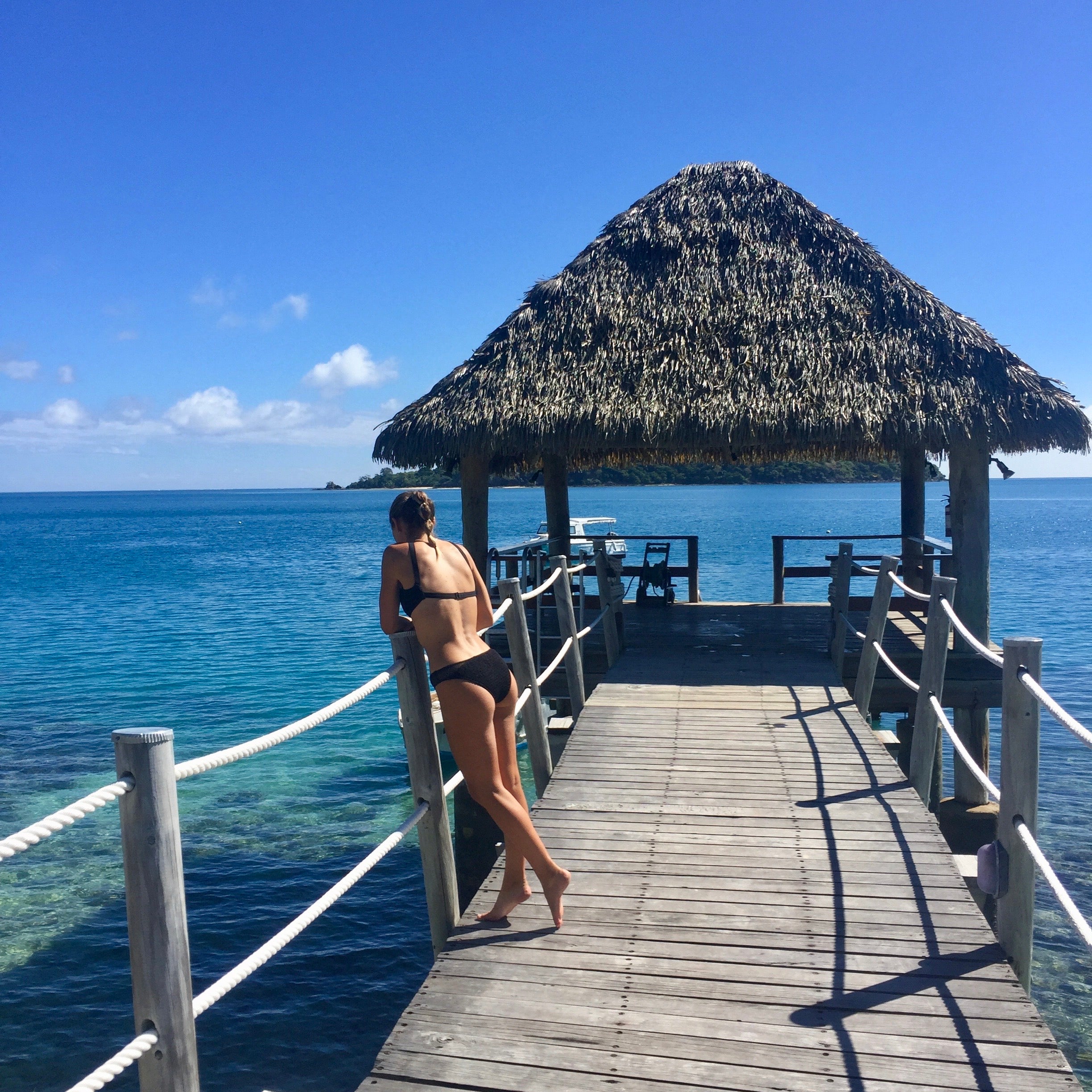
As we get into the full swing of winter in the southern hemisphere, many of us flee the cold by setting off on our winter getaways, seeking warmer waters and brighter skies up North. Travelling has become an inherent part of life for many of us, but it is important to remember that only a privileged 10% of the global population flies on a yearly basis to enjoy exotic holidays. This fast growing global trend doesn't come without its impacts to the environment and the climate.
In 2024, the tourism industry generated 8% of global emissions, with CO2 emissions from planes accounting for a big chunk of it. To put it in perspective, It would take an acre of mature forest an entire year to absorb the CO2 emissions of a one-way flight from London to New York. That’s about the same amount of emissions that the average person in Zimbabwe generates over an entire year (source: Carbon footprint of tourism, 2024).
As much as possible, it is encouraged to venture close to home and keep international traveling to a minimum. For those of us living in Australia, a plane ride is sometimes unavoidable, and the impacts of traveling can sometimes weigh on one's mind. So we’ve provided some key insight to help you minimize your climate and environmental footprint while traveling abroad.
Watch you waste
If you are escaping to a Small Island or Developing State (SIDS), the biggest part of your footprint could in fact be the waste you generate during your visit. Many developing nations and remote islands don’t have advanced waste management or recycling facilities. In fact sewage waters are often dumped straight in the ocean or exported. The same goes with material waste such as plastic bottles, takeaway containers and cosmetic packaging. When traveling to Borneo a few years ago, our founder was shocked to see local boatmen take large ballasted bags of plastic waste straight out the sea and dump them straight into the ocean. She later understood that no waste management program was in place, and that native populations had no other choice to clean up their village.
Our advice:
- Regardless of whether your hotel provides amenities or you choose to bring your own, take as much of this waste back home. This includes shampoo bottles, sunscreen tubes and - for those committed - even your drinking bottles (tap water is not safe to drink in most remote locations). Plastic containers literally weigh nothing when empty.
- Pack some basic dinnerware such as a travel utensil kit , a travel water bottle and a straw. We also find tupperwares so handy to eat the best street food without eating from single use containers often made of plastic or styrofoam.
- Remember, sewage water might be pumped directly into the ocean with no prior treatment, so everything that washes off your skin could end up on the near-by reef, from shampoo, sunscreen, moisturizer to deodorant. For all your bathroom essentials Wash bloc has you covered for shampoo, conditioner and soap. To keep you smelling fresh through the day Pits of Joy or No Pong both have amazing deodorant products with plastic free packaging and natural ingredients
- The sunscreen you pack is an important decision and should be carefully researched since many sunscreens contain ocean polluting compounds. The rule of thumb is to choose a mineral-based sunscreen with non-nano zinc oxide. This is the case across our entire range. In our next blog, we will provide a complete guide to choosing a truly ocean-conscious sunscreen.

Choose your host
Choosing a lodging that has ethical practices and supports the local community is a great step towards a more meaningful, less impactful holiday. Nowadays many accommodations are trying their best to operate with minimal environmental impact, while others wrongfully advertise using greenwashing terms. In most cases however, if you dig a little, most accommodations that are genuinely eco conscious will be very transparent about their practices. Homestays are a wonderful way to experience ‘life as a local’, allowing your money to circulate straight to the community. You can find many options on booking.com and airbnb:
- The Hôtel Mas de la Grenouillere, just outside of Saintes Maries de la Mer in France proudly advocates its sustainability stands, such as running on 100% renewable energy, serving organic locally grown food, practicing 80% waste recycling and supporting the local community.
- The Eco Lodge in Canggu, Bali, run by a local family with practices such as composting, recycling, water treatment and bio cleaning products.
- The Jineng Villas in Seminyak directly benefit the community, empowering local women throughout their pregnancy, and increasing financial access to health facilities.
If you plan on an itinerary trip, take it slow! Not only is it a lot more climate conscious to use public transports than flying from spot to spot, it also makes a more culturally-rich experience. Some of our best travel memories were made on cross-country buses and trains in Asia!
Those of us who travel are extremely fortunate to have this experience. With this privilege comes a responsibility to minimize the pressure we put on areas of high tourism. If you're searching for more tips, world packers has so many great articles on how you can be a responsible traveler, and the small steps you can take to minimize your impact whilst experiencing the wonders of the world.
Finally, should you wish to take an extra step in ‘offsetting’ your trip, you can opt to invest in the first ethical non-for profit fund, ‘Team For The Planet’, that funds ‘undiscovered’ climate innovations and launches them as start ups onto the market.
Bon voyage!


Comments (0)
Back to Blog